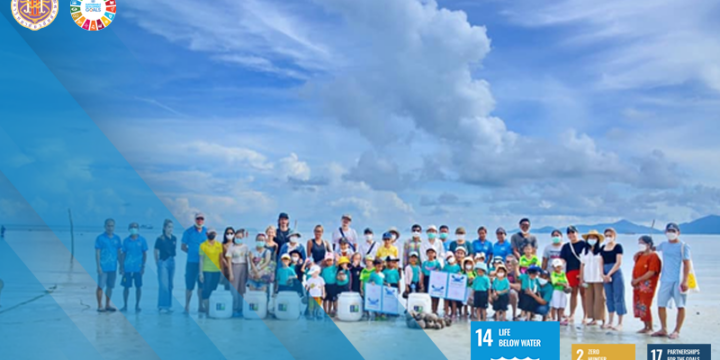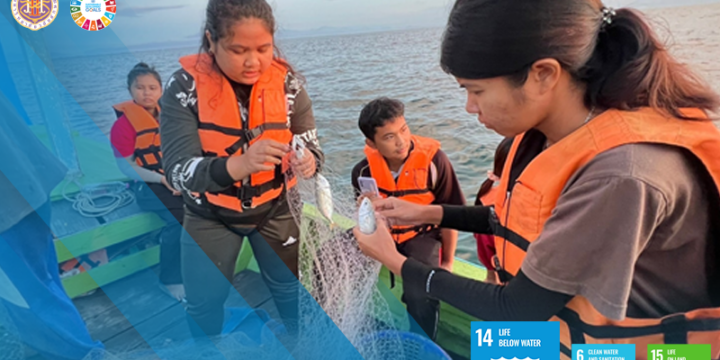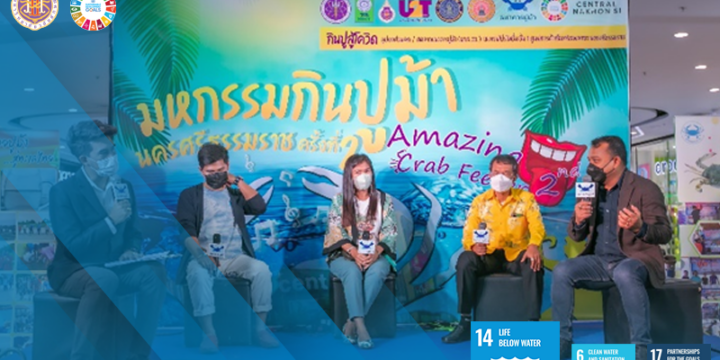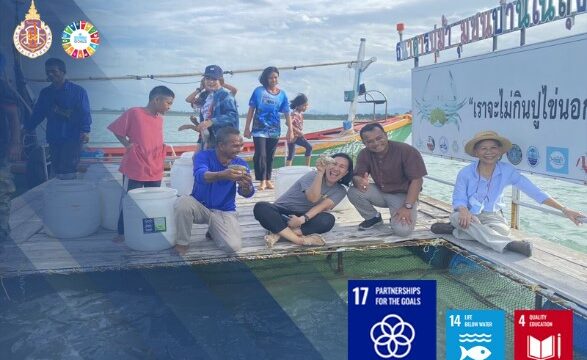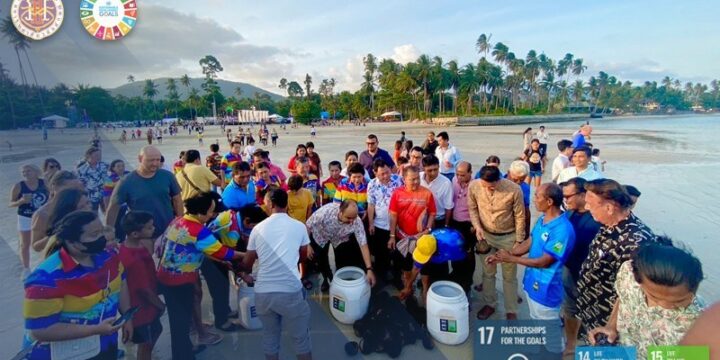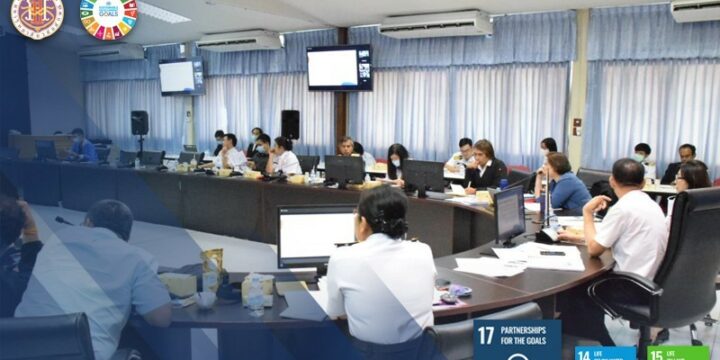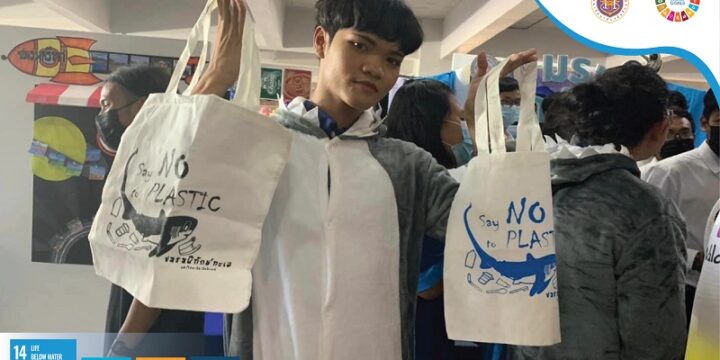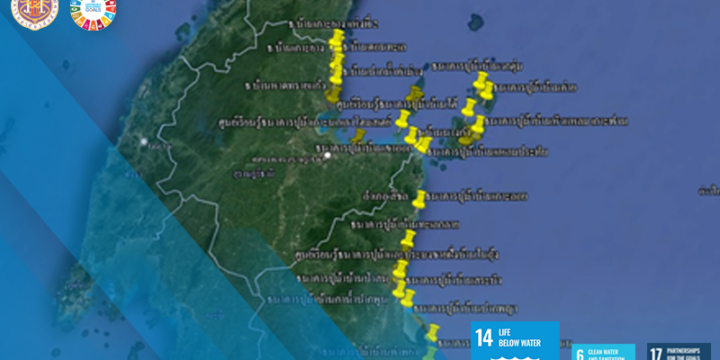
WU collaborated with fisher communities and stakeholders restoring crab population in shared coastal ecosystem
Coastal area is a dominantly share ecosystem for all. In this area there are many species of Marine fish and shellfish which are important sources of protein and income, through fisheries, for the number of people in Thailand, particularly those who live along the coastlines. It is recognized that, nowadays, marine fishery resources, especially the Blue swimming crab (BSC), have become depleted due to high fishing pressure. The BSC is one of the most economic species of fishery industries in Thailand and is exported worldwide, with Thailand being the fifth largest exporter. Hence, the reduction in the abundance of this shellfish inevitably affects the fishers and all the supply-chain sectors, which eventually affects the country's GDP from fishery products.Walailak University (WU) is located in Nakhon Si Thammarat, and the academic…

